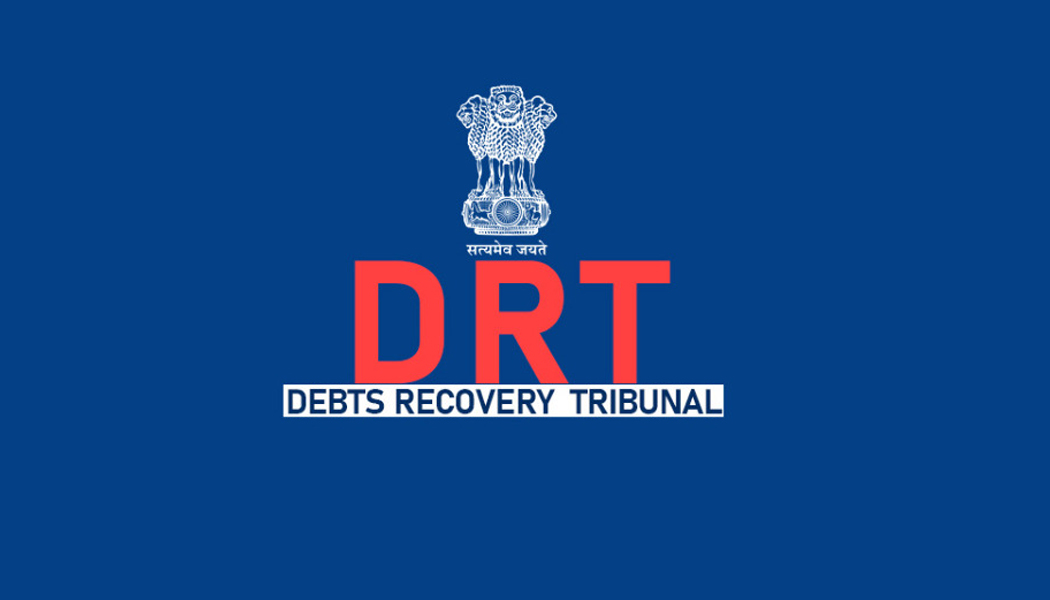
HowTo Reply Symbolic Possession Notice Sarfaesi Act 2002?
How To Reply Symbolic Possession Notice Sarfaesi Act 2002 in Indore?
To reply to a symbolic possession notice under the SARFAESI Act, 2002, you can follow these steps:
- Read the notice carefully. Make sure you understand the terms of the notice, including the amount of debt you owe, the property that is subject to possession, and the date by which you must pay off the debt or face foreclosure.
- Gather any relevant documentation. This may include proof of income, proof of assets, and proof of any attempts you have made to repay the debt.
- Draft a reply letter. In your letter, you should:
- State your name, address, and contact information.
- Acknowledge that you have received the symbolic possession notice.
- Admit or deny the debt. If you admit to the debt, explain why you have been unable to pay it off. If you deny the debt, explain why you believe it is not owed.
- Propose a plan to repay the debt. Your plan should be realistic and achievable.
- Request that the secured creditor reconsider its decision to take symbolic possession of your property.
- Send the reply letter to the secured creditor. You should send the letter by registered post or courier so that you have proof of receipt.
If you are unable to negotiate a settlement with the secured creditor, you may need to file a legal challenge to the symbolic possession notice. You should consult with an experienced DRT lawyer in Indore to discuss your options.
In response to a symbolic possession notice under the SARFAESI Act, 2002 in Indore
It is crucial to follow the legal procedures and timelines carefully. Here’s a detailed guide on how to reply to a symbolic possession notice under the SARFAESI Act, 2002:
- Understanding SARFAESI Act, 2002:
The Securitization and Reconstruction of Financial Assets and Enforcement of Security Interest (SARFAESI) Act, 2002, empowers banks and financial institutions to recover their non-performing assets (NPAs) by taking possession and selling the secured assets without the intervention of the court. - Review the Notice:
Carefully review the symbolic possession notice you have received. It should contain details of the property, outstanding dues, and the bank’s intent to take symbolic possession. - Consult a Legal Expert:
It is advisable to consult with a legal expert who specializes in SARFAESI and DRT matters in Indore, to understand your rights and options. They can provide valuable guidance on how to proceed. - Negotiate with the Bank:
Communicate with the lending institution to explore the possibility of resolving the default. Negotiations may include settling the dues, restructuring the loan, or seeking additional time for repayment. - File an Objection:
If you believe that the possession notice has been issued incorrectly or unlawfully, you can file an objection with the Debt Recovery Tribunal (DRT) within 15 days of receiving the notice. Ensure that your objection is well-documented and supported by legal arguments. - Stay Order from DRT:
You can also approach the DRT to seek a stay order on the possession. If the DRT is satisfied with your case, they may grant a stay order, preventing the bank from taking symbolic possession. - Maintain Records:
Keep detailed records of all communication with the bank, including emails, letters, and phone conversations. This documentation can be valuable in case of legal proceedings. - Proceed with Legal Action:
If negotiations fail and the bank proceeds with symbolic possession, you may need to explore legal remedies such as filing a Writ Petition in the High Court to challenge the bank’s actions. - Beware of Timelines:
Be mindful of the statutory timelines and deadlines. Failure to act within the stipulated timeframes can weaken your legal position. - Seek Legal Advice Throughout:
Throughout this process, it is essential to seek legal advice at various stages to ensure that you are protecting your rights and interests.
In conclusion, replying to a symbolic possession notice under the SARFAESI Act, 2002, requires careful consideration and, in many cases, legal expertise. It’s crucial to understand your rights and obligations and take appropriate action to protect your interests. Always consult with a legal expert for DRT matters in Indore, for specific guidance tailored to your situation.
Adcocate J.S. Rohilla (Civil & Criminal Lawyer in Indore)
Contact: 88271 22304
